- Savatga boshqa "HEARING ENGLISH IN CONTEXT" qo'sha olmaysiz. Ko'rish
What is plagiarism Definitions, examples, tools to detect plagiarism
12000 so'm

What is plagiarism Definitions, examples, tools to detect plagiarism
What is Plagiarism? Definitions, Examples, and Tools to Detect It
What is Plagiarism?
Many people think of plagiarism as copying another’s work or borrowing someone else’s original ideas. However, terms like “copying” and “borrowing” can disguise the seriousness of the offense. Plagiarism is a violation of academic integrity and intellectual honesty.
Definition of Plagiarism
According to the Merriam-Webster online dictionary, to “plagiarize” means:
- To steal and pass off (the ideas or words of another) as one’s own.
- To use another’s production without crediting the source.
- To commit literary theft.
- To present as new and original an idea or product derived from an existing source.
In other words, plagiarism is an act of fraud. It involves both stealing someone else’s work and lying about it afterward.
Are Words and Ideas Protected?
According to U.S. law, the answer is yes. The expression of original ideas is considered intellectual property and is protected by copyright laws, just like inventions. Almost all forms of recorded expression fall under copyright protection, such as books, music, or digital files.
Forms of Plagiarism
All of the following are considered plagiarism:
- Turning in someone else’s work as your own.
- Copying words or ideas without giving credit.
- Failing to use quotation marks for direct quotes.
- Providing incorrect source information.
- Copying the sentence structure of a source without proper credit.
- Using so much material from a source that it dominates your work — even if you cite it.
How to Avoid Plagiarism
Most cases of plagiarism can be avoided by properly citing sources. Acknowledging borrowed material and giving readers enough information to locate the original source usually prevents plagiarism. Using an image, video, or music without permission or citation is also plagiarism.
Specific Types of Plagiarism
1. Verbatim (Word-for-Word) Copying
Direct quotations must be identified using quotation marks or indentation, with full referencing of the source. It must always be clear which parts are your own work and which are drawn from other sources.
2. Copying from the Internet
Information from online sources must be adequately referenced and included in your bibliography. Always evaluate online materials critically since they may not have undergone peer review.
3. Paraphrasing
Paraphrasing another’s work by changing only a few words or rearranging sentences without credit is plagiarism. Proper attribution to the author is essential.
4. Collusion
Unauthorized collaboration or failing to follow group work rules counts as plagiarism. You are responsible for understanding the limits of permitted collaboration.
5. Inaccurate Citation
You must cite sources accurately and follow the conventions of your discipline. References should only include works you have actually consulted. Secondary sources must be clearly indicated.
6. Failure to Acknowledge Assistance
All significant assistance — from peers, lab technicians, or other contributors — must be acknowledged. This ensures transparency in how your work was developed.
7. Use of Material Written by Others
Submitting work written by another person or a professional agency is strictly forbidden. Academic training requires you to conduct your research independently.
8. Auto-Plagiarism
Submitting the same work for multiple courses or qualifications without permission is self-plagiarism. Previously published work by you must be cited properly.
Why Does Plagiarism Matter?
Plagiarism breaches academic integrity. It disrespects the original creators and undermines learning. It is unethical and can lead to severe academic and professional consequences, damaging both personal and institutional reputation.
Why Should You Avoid Plagiarism?
Avoiding plagiarism allows you to learn, express your own ideas, and develop an authentic academic voice. Quoting and referencing others properly demonstrates critical thinking and integrity.
Academic Consequences
Plagiarism in examinations or coursework can lead to penalties ranging from mark deductions to expulsion. Even unintentional plagiarism can result in academic penalties.
Using Others’ Work Properly
It is essential to engage with existing research while giving proper credit. Academic writing builds upon years of collective knowledge, innovation, and debate.
Unintentional Plagiarism
Not all plagiarism is deliberate — but lack of awareness is no excuse. Always record citation details and follow referencing standards carefully to avoid accidental plagiarism.
Examples of Plagiarism
Examples of paraphrase-based plagiarism and referencing errors can be found on university referencing and academic integrity pages. Understanding these helps avoid common mistakes.
“From a class perspective this put them [highwaymen] in an ambivalent position. In aspiring to that proud, if temporary, status of ‘Gentleman of the Road’, they did not question the inegalitarian hierarchy of their society…”
Conclusion
Plagiarism undermines creativity, learning, and academic ethics. To maintain integrity, always cite sources, reference accurately, and produce original work.
Browse more academic presentations →
Read more about plagiarism — Wikipedia
THANK YOU FOR YOUR ATTENTION! Follow us on social media.
| 5 |
|
0 |
| 4 |
|
0 |
| 3 |
|
0 |
| 2 |
|
0 |
| 1 |
|
0 |



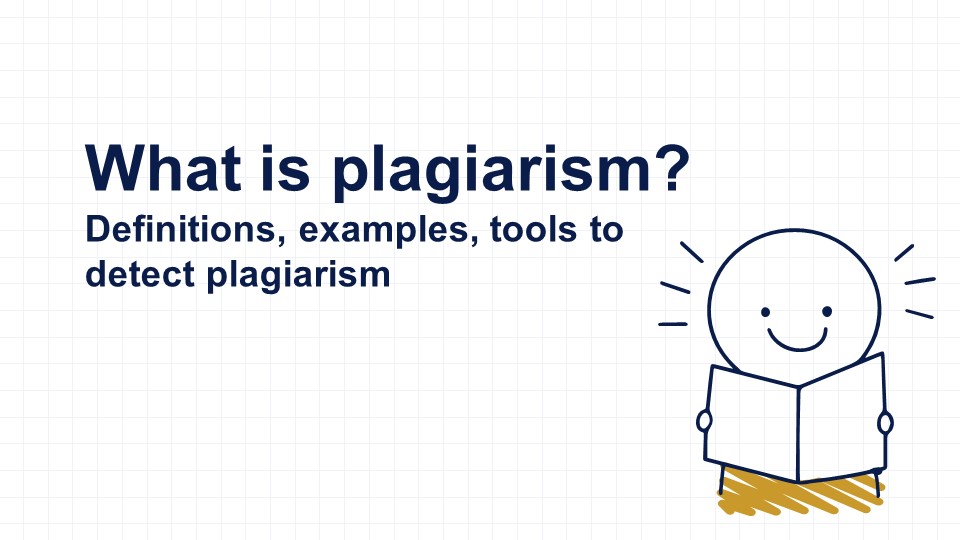
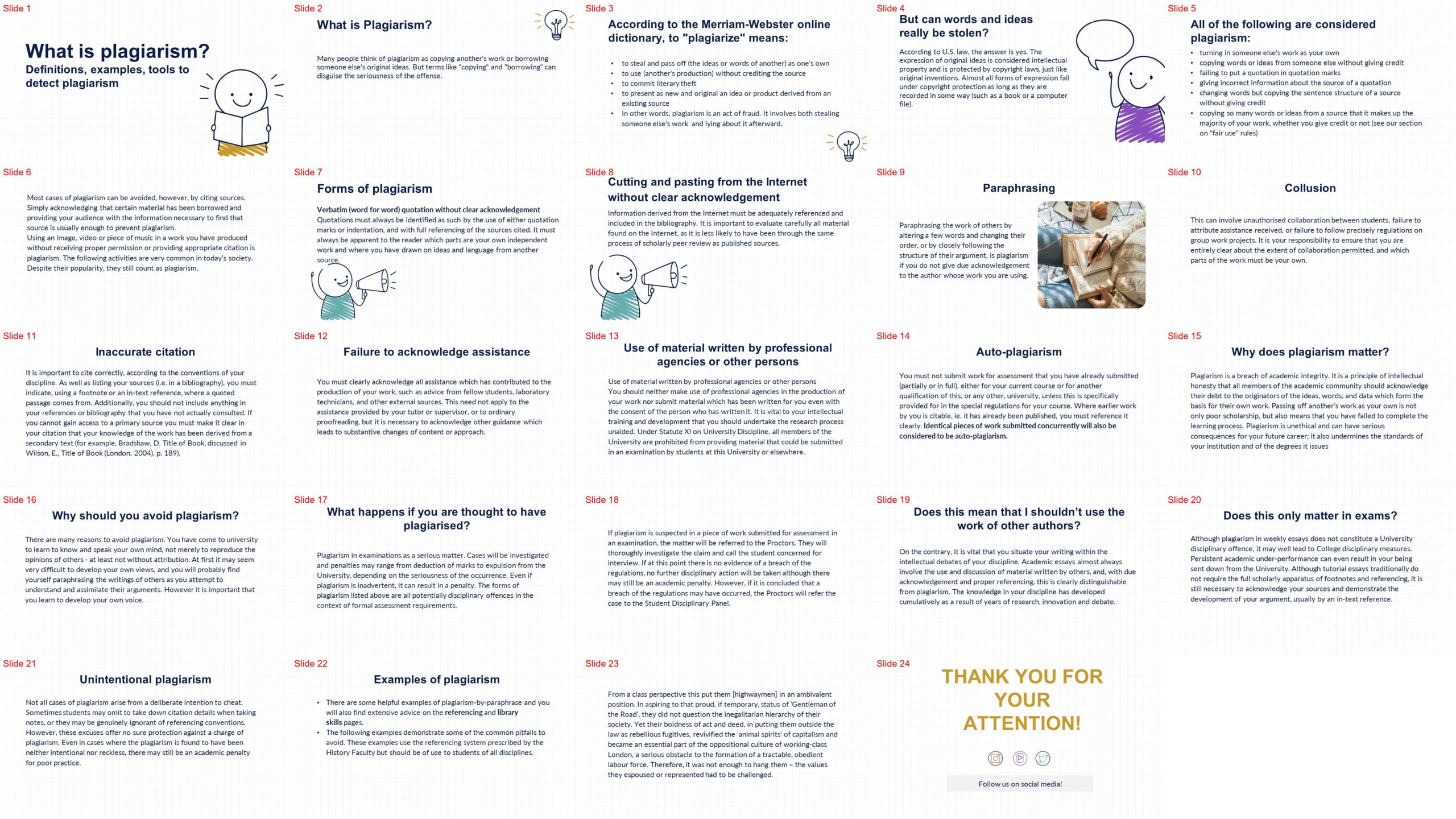


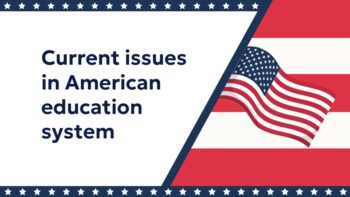
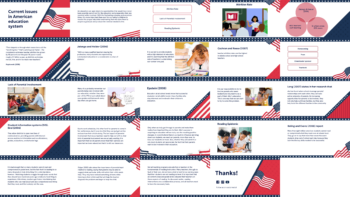

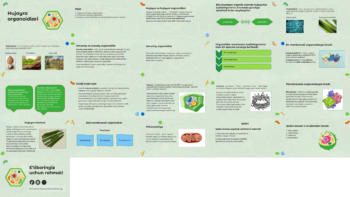
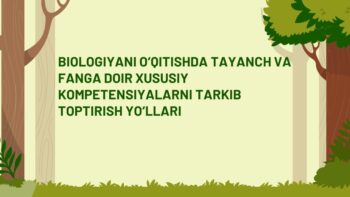
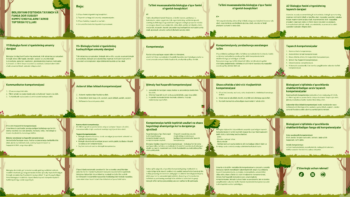

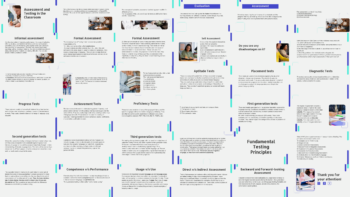
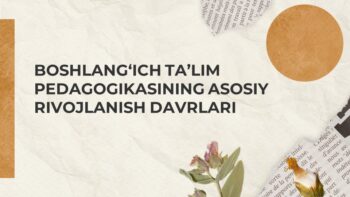
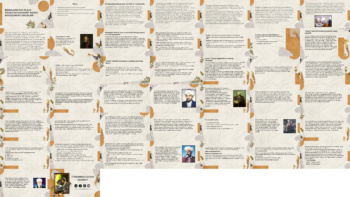
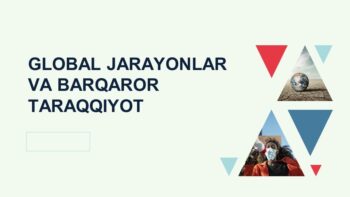
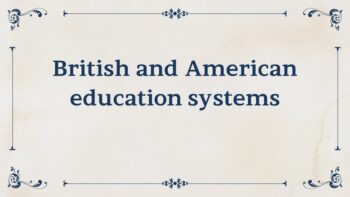


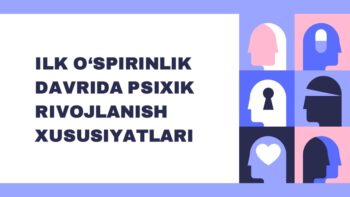
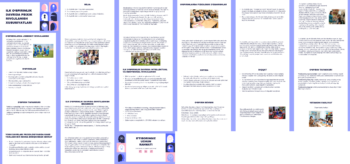

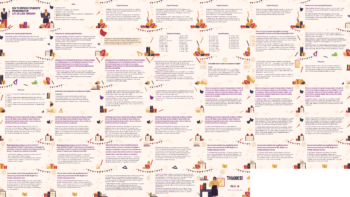

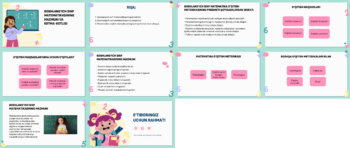

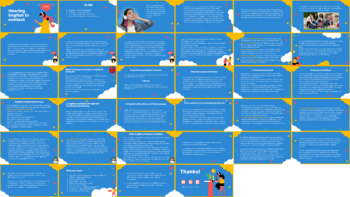
Sharhlar
Hali sharhlar mavjud emas.